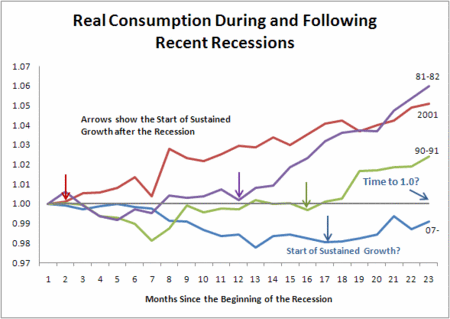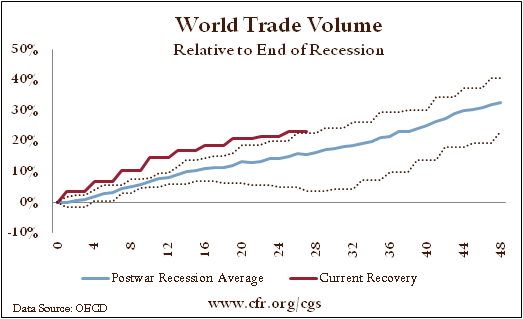China in a Growth Recession
Post on: 4 Июль, 2015 No Comment

A vendor offers postcards for sale to tourists visiting central Beijing’s ancient Drum (rear) and Bell Towers on May 26, 2010. According to organizers of The Global Travel and Tourism Summit, currently being held in the Chinese capital, although GDP for global travel and tourism dropped 5 percent in 2009 the future looks bright, estimating as many as hundreds of Chinese tourists venturing overseas in the next decade and at least 100 million foreigners travelling to China. (Image credit: AFP via @daylife)
Economists use the term “growth recession” to describe an economy that experiences a de-acceleration of economic growth that may eventually turn into a “soft landing,” or an outright recession. Statistics coming out of China recently confirm that the country is in a growth recession, especially its manufacturing sector that relies on exports. On Sunday, the National Bureau of Statistics announced that the purchasing managers’ index (PMI) fell to 50.2 in June after seasonal adjustments, above forecasts for 49.8, but below the May’s 50.4, and April’s 53.3.
In a sense, China’s economic slow-down is a positive development, as it eases inflationary pressures, leaving central bankers more room for monetary easing. The trouble, however, is that the economic slowdown comes in spite of several rounds of monetary easing by its central bank and an on-going fiscal stimulus. This means that China may be in for a prolonged slow-down, especially if the world economic stagnation consists and its real estate bubble bursts. What does it mean for investors?

For investors in Chinese equities, a prolonged slow-down isn’t good, especially when expectations run high. Slow growth certainly affects negatively corporate sales and profitability, even for State-Owned Enterprises like PetroChina (NYSE:PTR ) and Sinopec (NYSE:SHI ) that enjoy an oligopoly position.
For investors in commodities, a prolonged Chinese slow-down means lower demand and commodity prices, especially raw and energy materials. This means that the recent correction in commodities may not be over, at least in the near term. Conservative investors may want to trim their positions in material producers like BHP Billiton (NYSE:BHP), Rio Tinto (NYSE:RIO), Vale S.A (NYSE:VALE), and NYSE:FCX; and positions in commodity ETFs like NYSE:GLD ,NYSE:SLV. NYSE:OIH. Aggressive investors may want to establish short positions.
Disclosure: Active investor. May take long or short position in any stock or fund mentioned.














